Dan Styffe - Octophonia (2016)
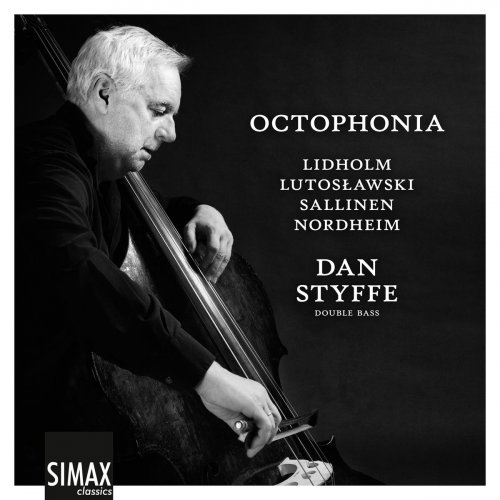
Artist: Dan Styffe
Title: Octophonia
Year Of Release: 2016
Label: Simax Classics
Genre: Classical
Quality: FLAC (tracks)
Total Time: 50:35 min
Total Size: 205 MB
WebSite: Album Preview
Tracklist:Title: Octophonia
Year Of Release: 2016
Label: Simax Classics
Genre: Classical
Quality: FLAC (tracks)
Total Time: 50:35 min
Total Size: 205 MB
WebSite: Album Preview
01. Fantasia sopra laudi
02. Grave - Metamorphoses for violincello and piano
03. Elegia - Sebastian Knight´ille
04. Partita for six double bases; I Passionato
05. Partita for six double bases; II Morgana
06. Partita for six double bases; III Avanti
07. Three Stanzas for double bass alone; I Across / Innover
08. Three Stanzas for double bass alone; II Octophonia
09. Three Stanzas for double bass alone; III Searching / Søkende
10. Clamavi
Renowned solo double bassist Dan Styffe performs works by Arne Nordheim, Ingvar Lidholm, Witold Lutoslawski and Aulis Sallinen. Three works by Nordheim form the kernel of the album, on which Styffe has grouped music originally written for double bass with music for cello adapted for its larger relative.
Arne Nordheim was a figurehead for the entire Norwegian post-war musical modernism. ‘Clamavi’ (1980), inspired by a biblical psalm, a cry for help dividing the world into good and evil people and intentions, ‘Partita’ (1982), written unusually for six double basses (performed by Styffe and several of his students, as well as Håkon Thelin) and ‘Three stanzas for double bass alone’ (1998), all feature on ‘Octophonia’.
The other music is by composers who are in various ways associated with Arne Nordheim’s work. Ingvar Lidholm, with whom Nordheim studied, is represented by ‘Fantasia sopra laudi’ (1977). Together with Ingrid Andsnes, Styffe also plays ‘Grave: Metamorphoses for cello and piano’ (1981) by Lutoslawski, a composer who, with his sound mass techniques, was an important inspiration for Nordheim. Like Nordheim, Sallinen is a composer with a social and political involvement with music beyond the purely aesthetical. His ‘Elegy for Sebastian Knight’ (1964), a piece characterising a turning point in the composer’s practice, back to an expressive, free tonality.
Swedish-born Dan Styffe is a central figure in Norwegian musical life. He made his solo debut in 1985 and is a much sought-after soloist and chamber musician around the world. His discography is comprehensive, with several CDs and solo albums behind him, all of which received great critical acclaim. ‘Octophonia’ is his sixth solo album.
Arne Nordheim was a figurehead for the entire Norwegian post-war musical modernism. ‘Clamavi’ (1980), inspired by a biblical psalm, a cry for help dividing the world into good and evil people and intentions, ‘Partita’ (1982), written unusually for six double basses (performed by Styffe and several of his students, as well as Håkon Thelin) and ‘Three stanzas for double bass alone’ (1998), all feature on ‘Octophonia’.
The other music is by composers who are in various ways associated with Arne Nordheim’s work. Ingvar Lidholm, with whom Nordheim studied, is represented by ‘Fantasia sopra laudi’ (1977). Together with Ingrid Andsnes, Styffe also plays ‘Grave: Metamorphoses for cello and piano’ (1981) by Lutoslawski, a composer who, with his sound mass techniques, was an important inspiration for Nordheim. Like Nordheim, Sallinen is a composer with a social and political involvement with music beyond the purely aesthetical. His ‘Elegy for Sebastian Knight’ (1964), a piece characterising a turning point in the composer’s practice, back to an expressive, free tonality.
Swedish-born Dan Styffe is a central figure in Norwegian musical life. He made his solo debut in 1985 and is a much sought-after soloist and chamber musician around the world. His discography is comprehensive, with several CDs and solo albums behind him, all of which received great critical acclaim. ‘Octophonia’ is his sixth solo album.
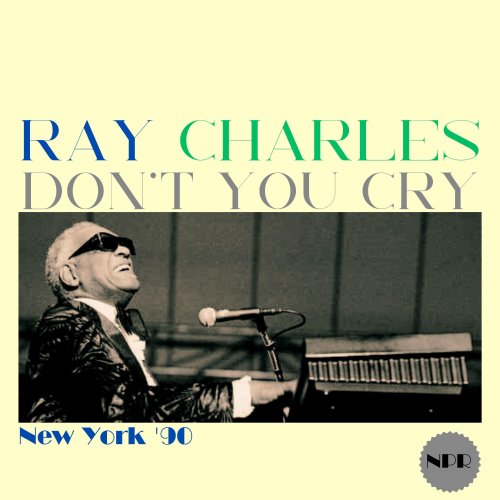

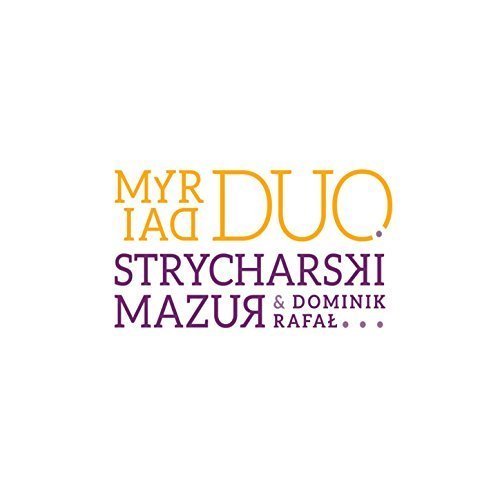
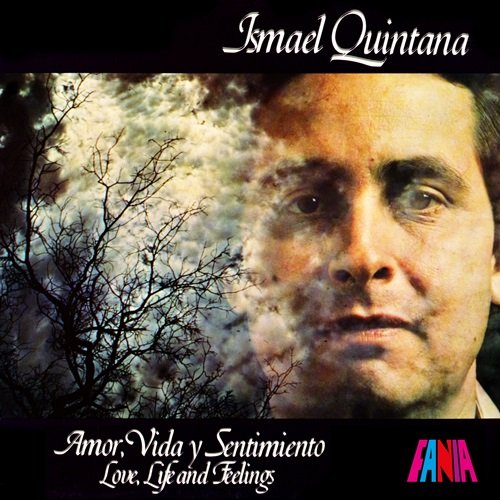

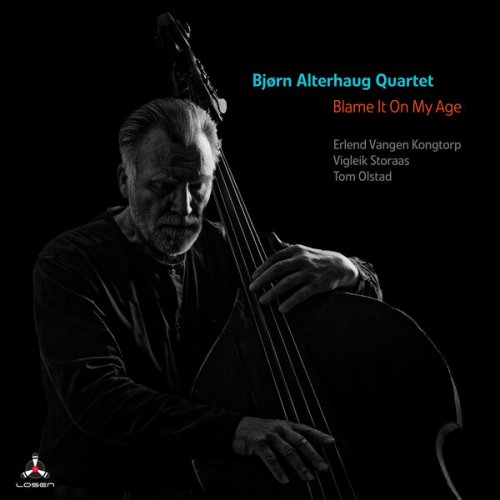


![Kate Olson - So It Goes (2026) [Hi-Res] Kate Olson - So It Goes (2026) [Hi-Res]](https://www.dibpic.com/uploads/posts/2026-01/1768483969_oj43i32em3bpc_600.jpg)